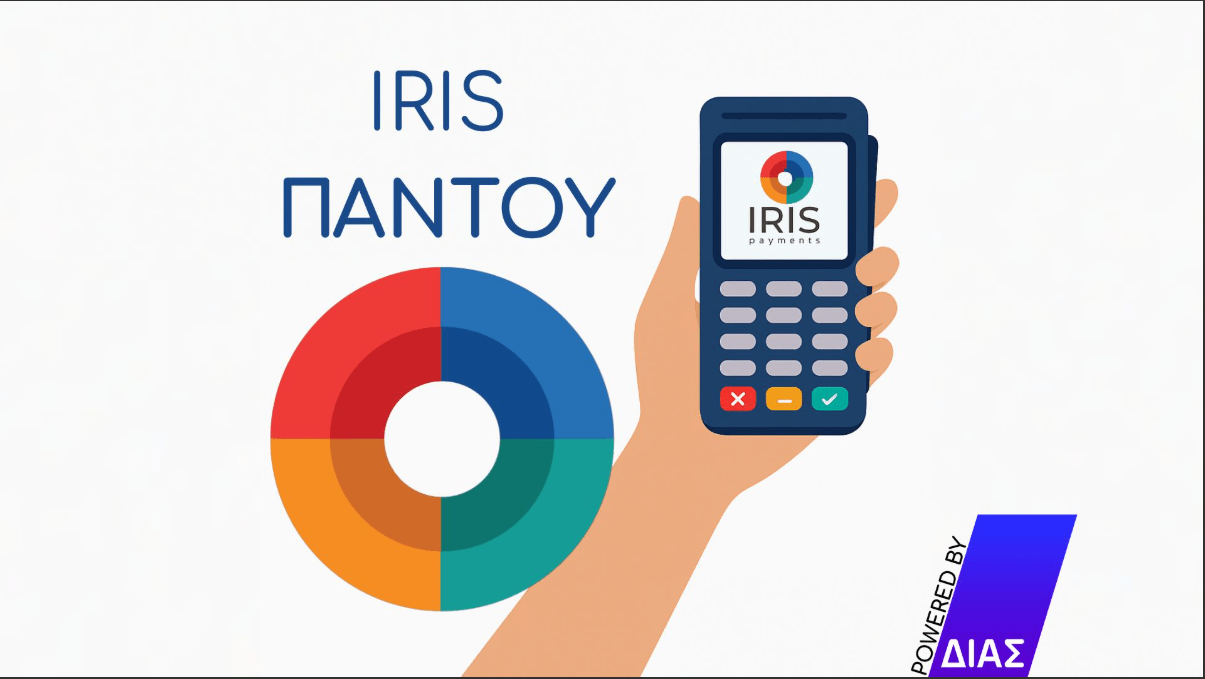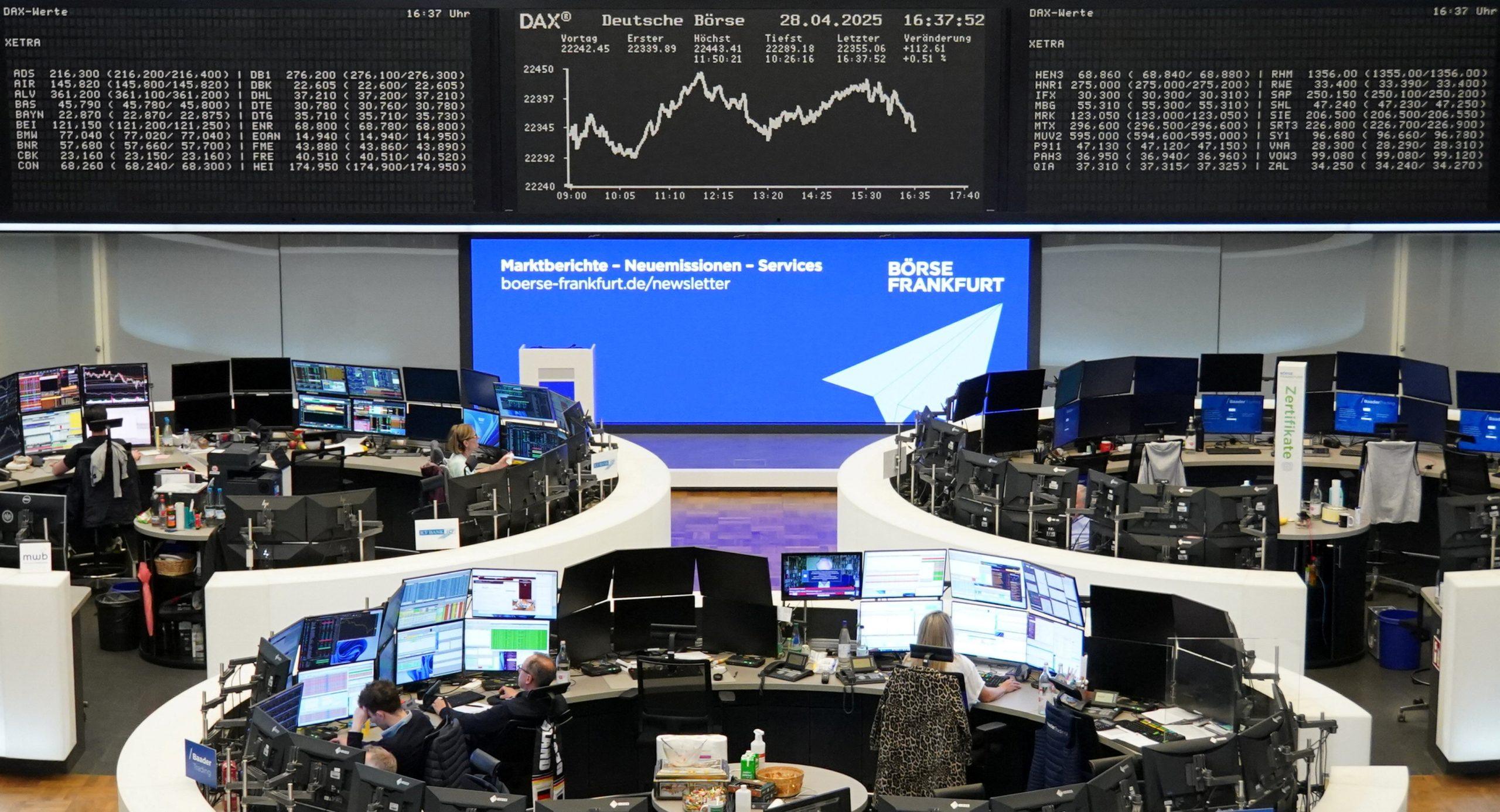Greek companies make the most of European advanced technologies such as artificial intelligence.
The integration of technology by companies may be slow in our country – slower than other European markets – however, Greek companies are “scoring” unexpectedly well in areas such as artificial intelligence and big data analytics. Truth be told, Greek companies are among the leaders in the use of artificial intelligence with 34%, well above the EU average, which stands at 25%.
Greek companies also have a very good performance in the percentage of use of mass data analysis technologies, where with 13% Greece is close to the EU average, which is at 14%. Also, 38% of companies in Greece use electronic information exchange, a rate above the average of 36% in the EU. Overall, however, according to the assessment of the EU Digital Economy and Society Index. DESI 2021, digital technologies are slowly being adopted by Greek companies.
For example, only one in five companies (19%) use social media compared to the EU average of 23%. In terms of ICT for environmental sustainability, with 65% Greece is close to the EU average. (66%).
Digital pacing
“Greece has recognized the need to establish a national digital industrial strategy, as well as to take additional measures to create a favorable regulatory and investment framework, with the aim of accelerating the digitization of larger and smaller companies,” the European Commission said in its DESI 2021 report on Greece. Referring to the National Recovery Plan, it emphasizes that this includes important measures to increase the digitization of Greek companies, especially investments in the form of grants for the digital transformation of small and medium enterprises (SMEs) (budget € 375 million).
The Commission notes that the Recovery Plan also envisages a budget of € 330 million in financing in the form of a loan facility for the digitization of small and medium-sized enterprises (SMEs). As well as a budget of € 770 million for the digitization of large companies.
The plan also includes the measure “Acceleration of smart processing”, which aims to provide financial support to small and medium-sized processing companies to strengthen their technological infrastructure, upgrade their production equipment using advanced smart technologies with low environmental impact and, finally, accelerating the transition of industry to Industry 4.0.
The image in Europe
As concerns the integration of digital technologies, across Europe, there has been a large increase in the use of cloud technologies (from 16% of companies in 2018 to 26% in 2020). Large companies are still pioneering the use of digital technologies.
For example, they are using electronic information exchange through enterprise resource planning (ERP) and cloud computing software much more often than SMEs (80% and 35% respectively for ERP and 48% vs. 25% respectively for cloud computing).
However, only a small percentage of businesses use advanced digital technologies (14% bulk data, 25% TN and 26% cloud computing). These data show that the current degree of adoption of digital technologies is far from the goals of the digital decade. EU ambition for 2030 90% of SMEs have at least a basic level of digital intensity, compared to 60% by 2020 and at least 75% of businesses to use advanced digital technologies by 2030. Currently, only a small part of companies uses bulk data even in several of the best performing countries, contrary to the 75% target.






































